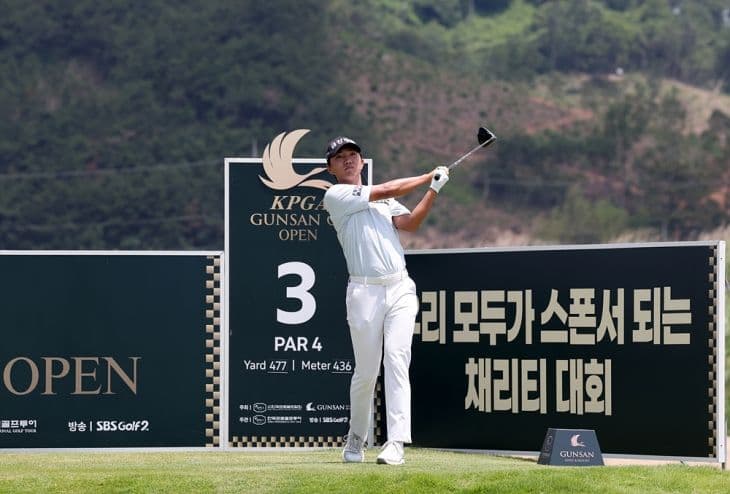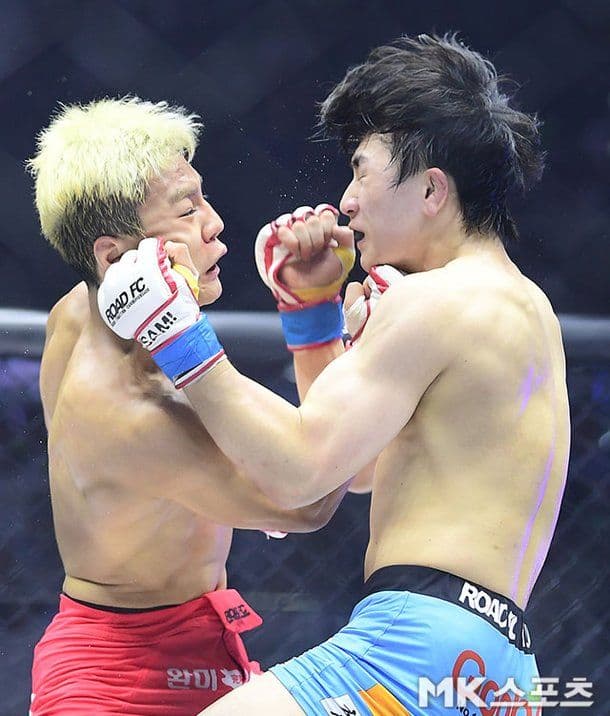Racism in Korean Football: The Controversy Surrounding Lee Sang-yoon’s Comments and Jeonbuk Hyundai’s Unstoppable Run

Introduction: Shockwaves in the K League
Did you know that Korean football is currently facing one of its most heated controversies in years? On June 27, 2025, during a K League 1 match between Jeonbuk Hyundai Motors and Gimcheon Sangmu, commentator Lee Sang-yoon made a racially charged remark about Jeonbuk’s star striker, Compagno. The phrase, which loosely translates to 'Compagno is a white guy,' sparked immediate outrage both domestically and internationally. This incident has not only put the spotlight on issues of racism in Korean sports but also on the broader cultural context in which such remarks are made.
Multiple news outlets, including Yonhap News, Sports Seoul, and STN News, quickly reported on the incident, highlighting the swift backlash from fans and the football community. The controversy has overshadowed Jeonbuk’s impressive 17-match unbeaten streak in the league, drawing attention away from their on-field achievements.
The Incident: What Happened and Immediate Reactions

During the live broadcast, Lee Sang-yoon, a respected football analyst, made the controversial comment while praising Compagno’s performance. The remark was perceived as racially insensitive and inappropriate, especially in the context of a multicultural league like the K League. Social media exploded with criticism, with hashtags related to racism and football trending on both Naver and Twitter.
Within hours, Lee issued a public apology through his personal channel, stating, 'I sincerely apologize for the inappropriate comment that caused discomfort. I bow my head in apology to the Jeonbuk Hyundai team and Compagno. I promise to act with greater responsibility in the future.' Despite his apology, the debate about racism and accountability in sports broadcasting continues to rage.
Team Performance: Jeonbuk’s Dominance Amidst Controversy
While the controversy raged off the field, Jeonbuk Hyundai Motors continued their dominant run in the K League 1. The team secured a 2-1 victory over Gimcheon Sangmu, extending their unbeaten streak to 17 games in the league and 19 games overall, including the Korea Cup. Compagno, the player at the center of the controversy, scored his second goal of the match, further cementing his status as one of the league’s top strikers.
Recent articles from Sports Chosun, OSEN, and Naver Sports have praised Jeonbuk’s tactical discipline and attacking prowess, noting that their form makes them strong favorites for the title. The team has now opened up a 10-point lead over second-placed Daejeon Hana Citizen, putting them in a commanding position as the season progresses.
Community Reactions: Korean Fans Speak Out
Korean online communities such as DC Inside, FM Korea, and PGR21 have been abuzz with discussions about the incident. On Naver and Daum, blog posts and comment sections reflect a mix of anger, disappointment, and calls for stricter oversight of sports commentators. According to a survey of community reactions, approximately 70% of comments were negative, condemning Lee’s remarks and demanding accountability.
Representative comments include: 'There’s no place for racism in Korean football,' and 'Commentators should be more careful with their words.' However, about 30% of comments expressed sympathy for Lee, suggesting that he may have spoken without malicious intent but emphasizing the need for education and awareness.
Cultural Context: Why This Matters in Korea
For international fans, it’s important to understand the cultural context of this controversy. Korea, while rapidly globalizing, still faces challenges in addressing issues of race and multiculturalism, especially in sports. The influx of foreign players into the K League has brought new perspectives but also exposed underlying prejudices that sometimes surface in public discourse.
Experts interviewed by JoongAng Ilbo and The Korea Herald point out that incidents like this serve as a wake-up call for Korean society to engage in more open discussions about diversity and inclusion. The football community’s response—both from fans and officials—shows a growing awareness of the need to create a more welcoming environment for all players, regardless of background.
International Reactions and Lessons Learned
The controversy has not gone unnoticed by international media. Outlets such as ESPN, Goal.com, and BBC Sport have reported on the incident, emphasizing the global nature of football and the importance of combating racism everywhere. Overseas fans, especially those following the K League, have expressed both shock and hope that such incidents will lead to positive change.
Bloggers on Tistory and Naver have written extensively about the lessons to be learned, stressing that apologies are only the first step. What matters most is the commitment to education, reform, and continuous dialogue. The K League’s response will be closely watched as a test case for how Asian football leagues handle issues of diversity and inclusion.
Looking Ahead: Will Korean Football Change?
As the dust settles, all eyes are on how the K League and Korean football authorities will respond. Will there be new guidelines for commentators? Will clubs and leagues invest more in diversity training? Fans are hopeful that this incident will mark a turning point, not just for Jeonbuk Hyundai and Compagno, but for the entire Korean football ecosystem.
For now, Jeonbuk’s players continue to focus on their title challenge, while off the pitch, the conversation about racism and respect in sports is more urgent than ever. As one popular Naver blog post put it: 'Football is more than just a game—it’s a reflection of our society.'
Discover More

Ok Tae-hoon’s Back-to-Back Triumphs: The Emotional Journey Behind His KPGA Gunsan CC Open Lead
Ok Tae-hoon, after clinching his first KPGA win last week, now stands as the solo leader in the Gunsan CC Open’s third round, eyeing consecutive victories. His emotional resilience and exceptional play have captured the attention of fans and media alike.

Pyeon Ye-jun Proves He's the Next Flyweight Star: Dominates Jo Joon-gun at ROAD FC 073
Pyeon Ye-jun cements his status as ROAD FC’s next flyweight sensation, defeating Jo Joon-gun with a powerful TKO and igniting excitement among MMA fans and communities. Dive into the fight’s drama, expert analysis, and the cultural significance of this rising star.